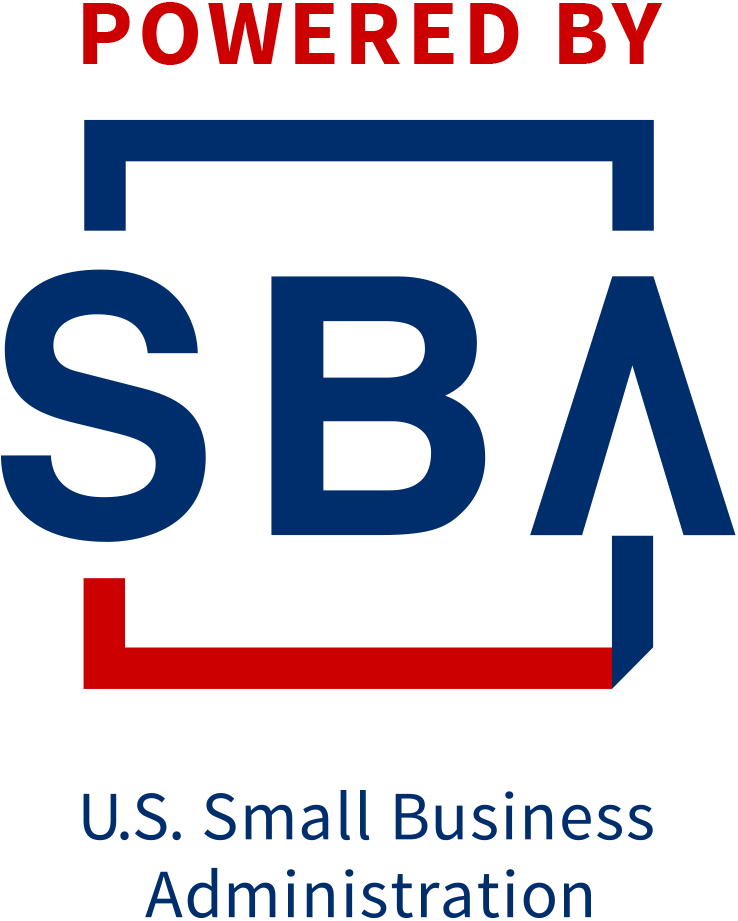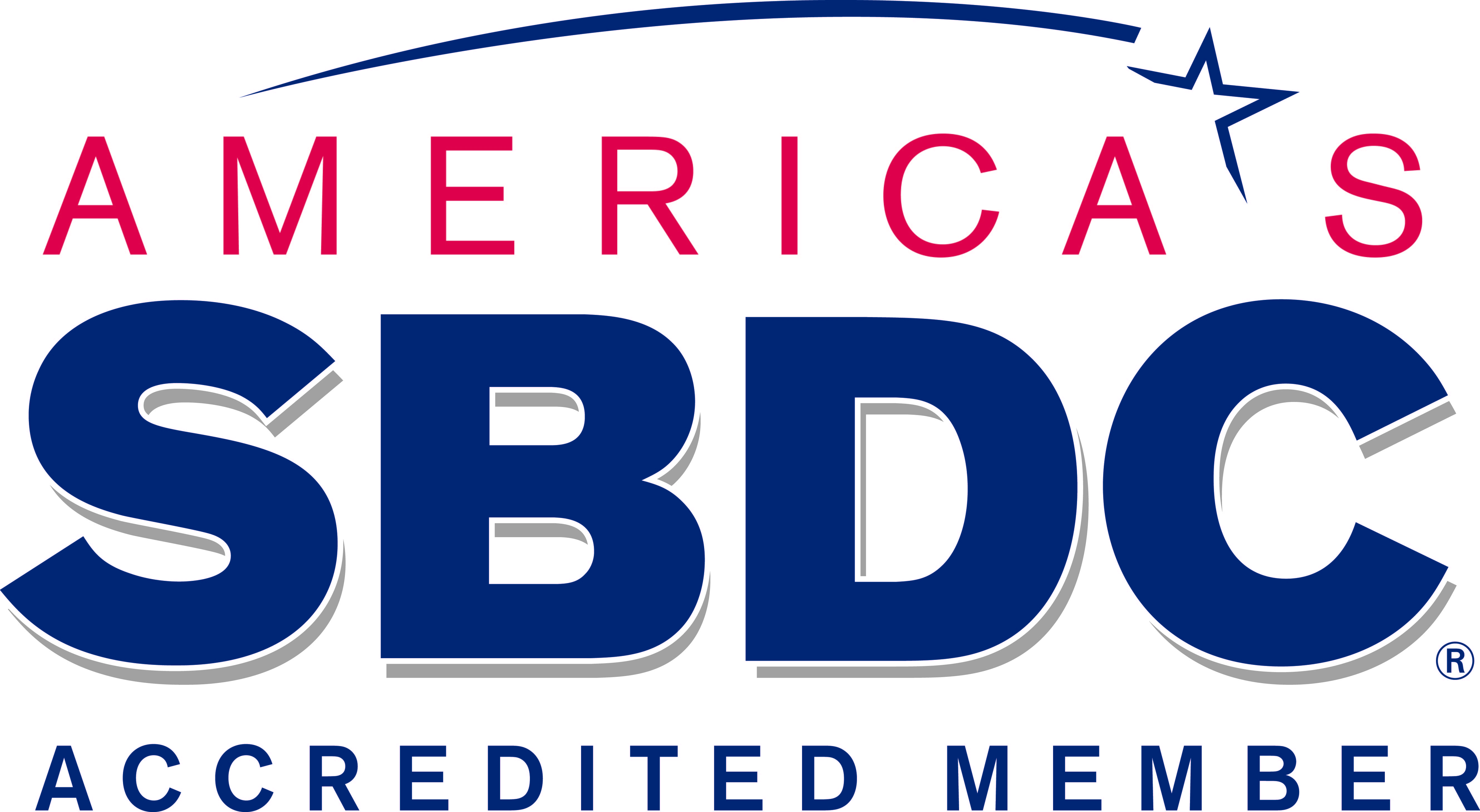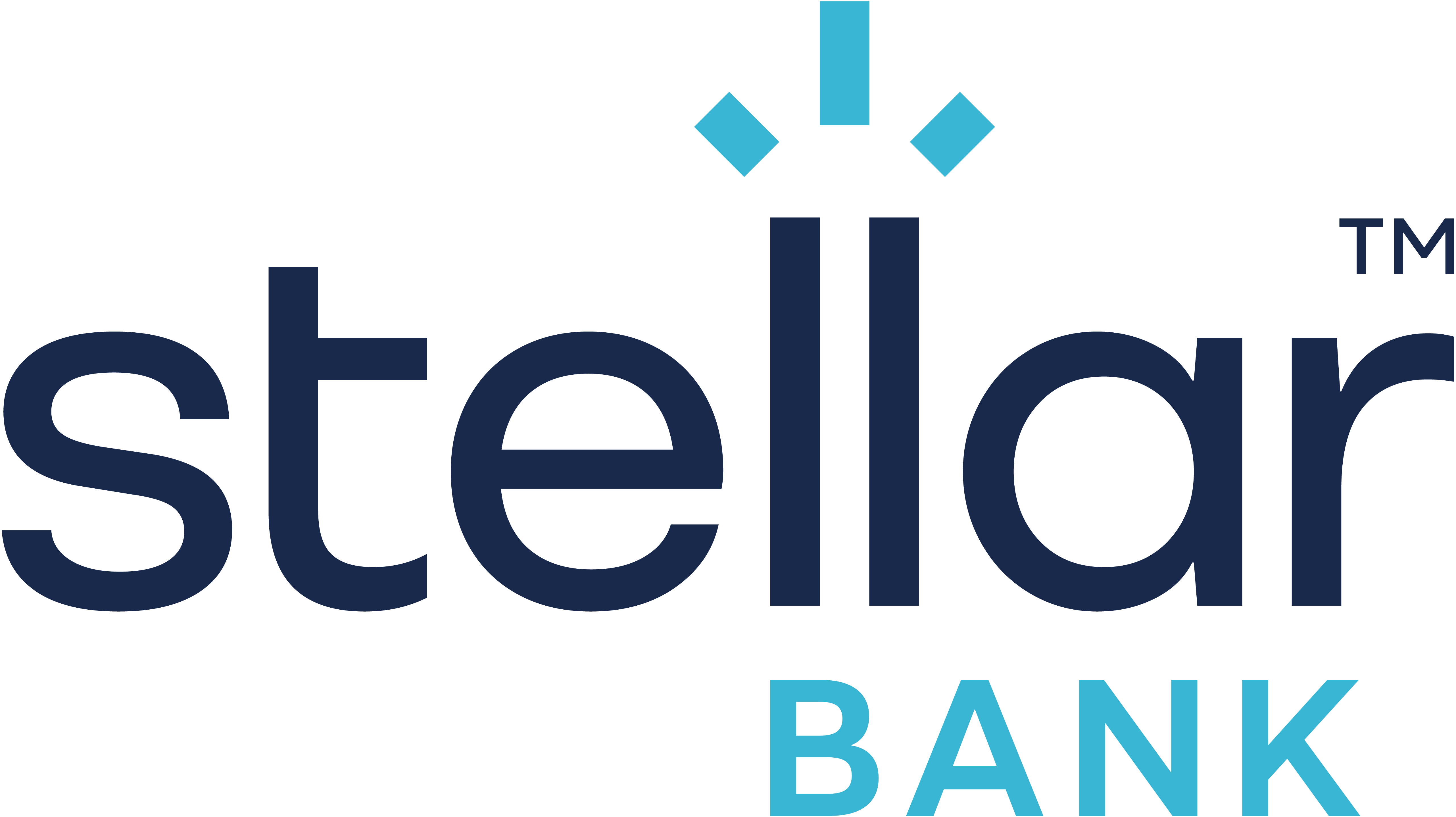Pros and Cons of Buying a Franchise During a Pandemic

By Michelle Loredo
The ongoing COVID-19 pandemic has caused uncertainty in the business field that includes small businesses, corporations and franchises alike. In Harris County, there are currently more than 78,000 confirmed cases as of now.
If you’re looking into owning a franchise in the near future, don’t give in into pessimistic thoughts created by the current climate. Not all business sectors are being affected the same way and doing research doesn’t mean that you’re going to commit to buying a franchise. For example, cleaning businesses and coffee subscription companies are thriving in the new normal.
Here are the top eight pros and cons of buying a franchise and things to keep in mind during this ongoing pandemic.
The Pros:
- Established Business: Franchises are established business networks that have systems in place that generate profits. If you invest in a franchise, you do not have to start from the startup stage. You won’t have to create a new business plan or a new marketing strategy because the franchise has developed an efficient business model that generates profit.
- Brand Name and Recognition: With being part of a large network that is a franchise, people are going to know that the business exists, so you don’t have to devote time to get your business known in the market. Also, customers will already know how the business operates and what to expect.
- Purchasing Power and Suppliers: As part of a franchise, you have an established network that will give you a competitive edge over small businesses in the market. This is especially true when it comes to buying supplies and technology. You will be able to buy inventory and equipment from your franchiser at a lower cost versus buying it as a local small business owner.
- Established System (Staff Recruiting, Staff Training, etc.): People in your market area will most likely recognize the franchise you invested in. This will draw people to your business for work and recruiting events. Once you have hired staff, you won’t have to stress to create new training programs. The franchise has training systems and modules in place to effectively train new employees.
The Cons:
- Established Rules and Limited Decision Making: When you invest in a franchise, you are becoming part of the business network and are bound by contract to follow operating guidelines. This means you will not be able to change things even if you deem it more efficient than the current system. If you break any of the franchise requirements, it could lead to the dissolved of your branch.
- High Initial Cost: When you’re looking into buying a franchise you need to be aware of how much capital and money will be needed to successfully finance your project.
- Reporting Financial Information with Franchises and Royalty Fees: When you are part of a franchise, the franchisee needs to submit their financial information. The information is used by the franchise to improve its business model and reevaluate royalty fees. The fees will take a percent of your business revenue and to go back to the franchise.
- Franchise Reputation and Crisis Communication Management Issues: If a scandal hits the national franchise, it will most likely affect your business. It does not matter how good your branch is, people will associate it with the national entity. Even if the scandal has no real substance, if the public believes the issue, it will hinder your revenue and business operation.
Things to Keep in Mind:
When you’re looking into owning a franchise, it’s important that you research all the aspects of the process. This includes contacting the franchises directly and asking how they are dealing with the COVID-19 pandemic. For example, what is the business specifically doing as a reaction to the pandemic and how is business being affected?
Also, if you’re ready to jump on a franchise opportunity, you need to work with a franchise lawyer. You will need their legal representation when you’re in the process of investing in a franchise due to the heavy legal jargon that will be in the Franchise Disclosure Document.
Lastly, you need to have a solid business plan so that lending institutions will approve of grants so that you can make the initial franchise payment. The Small Business Administration has different loans that can apply to buy a franchise.
Where to Get Help:
The University of Houston Texas Gulf Coast SBDC Network is here to help you with your franchise questions. With our 14 locations, you can schedule a free one-on-one virtual business advising session with our business advisors. We also have on-demand webinars that can help you in this process.







